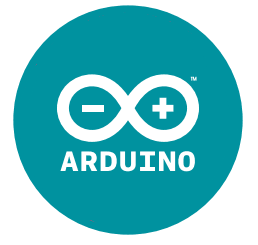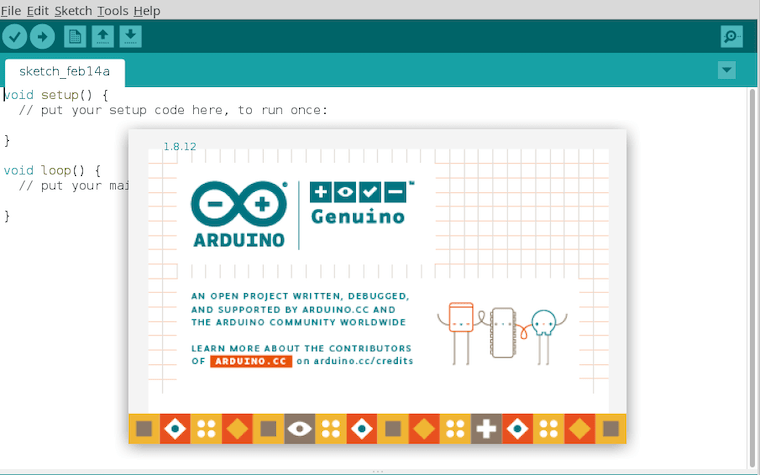How To Install Arduino IDE on Debian 12

In this tutorial, we will show you how to install Arduino IDE on Debian 12. Arduino, the open-source electronics platform, has revolutionized the world of DIY electronics and embedded systems. If you’re a Debian 12 user looking to embark on exciting Arduino projects, this comprehensive guide will be your faithful companion.
This article assumes you have at least basic knowledge of Linux, know how to use the shell, and most importantly, you host your site on your own VPS. The installation is quite simple and assumes you are running in the root account, if not you may need to add ‘sudo‘ to the commands to get root privileges. I will show you the step-by-step installation of the Arduino IDE on a Debian 12 (Bookworm).
Prerequisites
- A server running one of the following operating systems: Debian 12 (Bookworm).
- It’s recommended that you use a fresh OS install to prevent any potential issues.
- SSH access to the server (or just open Terminal if you’re on a desktop).
- An active internet connection. You’ll need an internet connection to download the necessary packages and dependencies for Arduino IDE.
- A
non-root sudo useror access to theroot user. We recommend acting as anon-root sudo user, however, as you can harm your system if you’re not careful when acting as the root.
Install Arduino IDE on Debian 12 Bookworm
Step 1. Before we install any software, it’s important to make sure your system is up to date by running the following apt commands in the terminal:
sudo apt update
This command will refresh the repository, allowing you to install the latest versions of software packages.
Step 2. Installing the Required Dependencies
The Arduino IDE relies on the Java Runtime Environment (JRE). You can install it with a simple command:
sudo apt install default-jre
The JRE provides the necessary runtime environment for Arduino IDE to function seamlessly.
Step 3. Installing Arduino IDE on Debian 12.
Now install Arduino IDE by running the following command:
sudo apt install arduino
Once the installation is complete, you can launch Arduino IDE from the applications menu or by running the following command in the terminal:
arduino

Step 4. Troubleshooting.
Here are some common issues you may encounter and their solutions:
- Permission Errors
If you encounter permission errors while installing or running Arduino IDE, ensure that you are using sudo where necessary, and that your user has the required permissions.
- Board Not Detected
If your Arduino board is not detected, double-check your connections and the port settings in the Arduino IDE preferences.
- Port Selection Problems
If you have trouble selecting the correct port in Arduino IDE, make sure your board is connected, and try restarting the IDE.
Congratulations! You have successfully installed Arduino IDE. Thanks for using this tutorial to install the latest version of the Arduino IDE on Debian 12 Bookworm. For additional help or useful information, we recommend you check the official Arduino IDE website.